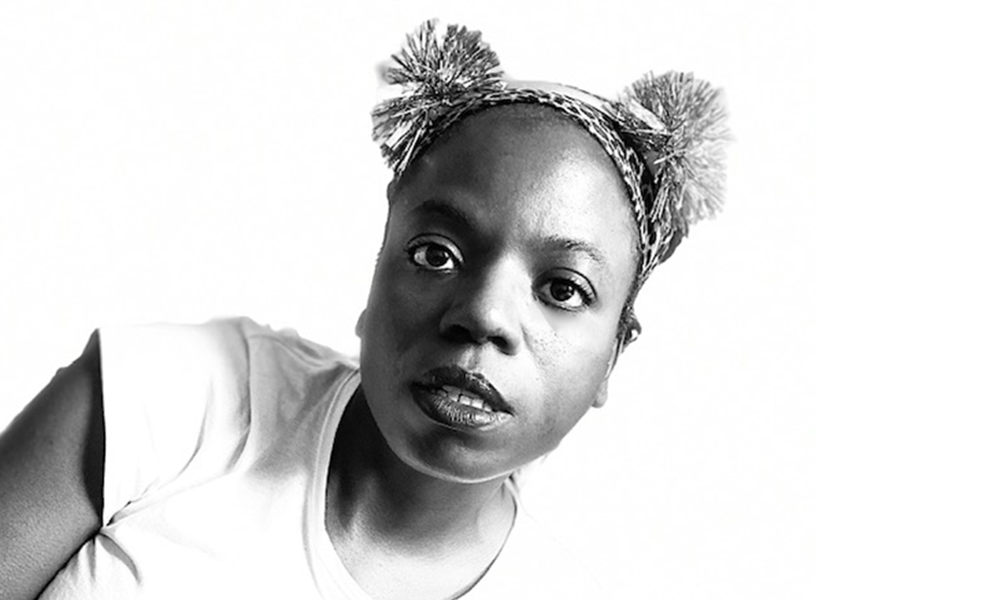Autry Named Director of the Center for the Study of Public Life

Hoping to expand the diverse ways the Wesleyan community engages in public discourse, Associate Professor of Sociology Robyn Autry has been named director of the Center for the Study of Public Life, at the Allbritton Center.
“Provost Nicole Stanton has trusted me to do something new with the CSPL (Center for the Study of Public Life). I am still figuring out what I want to do, but it is connected with a lot of the public writing I’ve been doing for the past few years,” said Autry, who is a critical sociologist.
The new role dovetails with Autry’s research interests in racial identity, Blackness, and memory studies and her work as a prolific contributor to op-ed pages across the country. She has written about topics as wide ranging as Will Smith and Jada Pinkett Smith’s marriage to the appointment of Supreme Court Justice Ketanji Brown Jackson.
Autry is tasked with expanding the notion of what the study of public life means, which could include encouraging the exploration of different forms of journalism and approaching faculty to write op-eds and to serve as expert voices in the media.The CSPL will also have a partnership with the Shapiro Center for Creative Writing and Criticism to create opportunities for students to develop skills and experience in journalism.
Given the level of scholarship and thinking found on campus, it just makes sense to Autry to find ways to make it more accessible beyond the bounds of campus.
“We have this expertise that can apply to things going on in the news, things that people are really talking about, things that are being covered in the conversations people are having. Whatever you are studying, doing historical work, looking at museums, or what we are doing in our academic work, it is part of a public conversation. I’m really committed to finding these links,” Autry said.
She sees the center as a place for experimenting in and documenting public life. “We plan to develop programming and initiatives around civil disagreement and various forms of social documentation ranging from public writing and documentary media to more innovative takes involving public visuals like art, design, clothing, and all manner of personal adornment,” Autry said.
While she is still working out the particulars, Autry is also interested in exploring what happened to certain kinds of community gathering spaces, like movie theaters, for example. The pandemic changed how we gather, but there are other societal forces at play too. “We want to take a look at those kinds of places and maybe seeing what we can do to invigorate them, while also studying them and thinking about their history and the kinds of economic and health crises they’ve endured in the past,” Autry said.
Public visuals, which include both traditional public art and style and fashion, will also be part of the Center’s exploration of the current culture. “We are trying to think of the things that don’t quite have a hub at Wesleyan and would be something that both faculty and students would have an interest in,” Autry said.
Finally, Autry hopes to expand the Center’s reach by working with other universities on a variety of public-facing projects.
Autry hopes that the Center can be a gathering place for both students and faculty looking to explore ideas that are floating in the culture, moving beyond panels and discussion series into programming that focuses on creativity and interdisciplinary thinking.
“I’m quite excited about it. It’s in the beginning stages, but I’ve been given quite a bit of freedom in terms of how to reimagine the Center,” Autry said.

